Media freedom is under siege in Bosnia's Republika Srpska
Criminalizing defamation passed by lawmakers in July 2023
BANJALUKA – In Republika Srpska, one of two largely autonomous federal entities in Bosnia and Herzegovina, legislation criminalizing defamation passed by lawmakers in July 2023 is threatening media freedom in the name of “bringing order to the public space.”
In the months since it was adopted, more than 50 criminal defamation charges have been filed, and journalists have been among those targeted.
The defamation law is not the only legislation targeting journalists in the republic. A proposed Law on the Special Register of Non-Profit Organizations – commonly referred to as a “Law on Foreign Agents” – will designate certain non-governmental organizations as “foreign influence agents.”
Media workers and lawyers warn that these laws collectively will limit freedom of speech, civil society and activism, and impede on the human rights of minority groups in a similar way to how Russia has cracked down on freedoms.
The Defamation Law
Upon being elected in October 2022, amid accusations of electoral irregularities, Republika Srpska President Milorad Dodik announced on social media his intention to pass these new laws, which many interpreted as a tactic to silence critics.
The legislation criminalizing defamation passed in spite of protests from journalists and civil society. Now, investigations, and trials if charges are brought, can tie journalists up in courts for years.
Even without a conviction, being charged under the law imposes severe burdens on journalists. Prosecutors have all the tools of criminal investigation at their disposal: they can monitor reporters, search homes and editorial offices, seize phones and computers, and even eavesdrop on calls, jeopardizing the confidentiality of sources.
Attacks on journalists
In recent years, politicians have intensified their verbal attacks on journalists, which have in turn been relayed by pro-government media. Journalists have also been physically attacked, and had their phones confiscated by the police. One journalist was beaten so badly, the perpetrator was charged with attempted murder and sentenced to four years in prison.
“In the last year, there has been a shift to systematically organized suppression of freedom of speech,” said Sinisa Vukelic, editor-in-chief of Capital.ba, and the president of the Republika Srpska’s Journalists’ Club. “Public protests have not stopped the criminalization of defamation. The Draft Law on Foreign Influence Agents has been adopted, which is particularly problematic because many investigative media outlets were established by non-profit citizens’ associations.”
Smaller independent media outlets that have uncovered wrongdoing in Republika Srpska, are particularly at risk. “The media has been under pressure from SLAPP [Strategic Lawsuits Against Public Participation] lawsuits. For journalists, the weakest link is a deeply corrupted judiciary under political control. We know whose interests they will serve,” said Vukelić.
What's next
The new “Law on Foreign Agents” introduces a government registry of civil society organizations that are financed by international donors. These also tend to be smaller independent media.
“The conditions are the same in both [the old and new foreign agents] laws, only in [the new foreign agents law], everything is more precisely stated. We can say that we are establishing a register in which all those who are already in the old register but are funded by money coming from international organizations will be included,” said Slobodan Zec, assistant minister of justice of Republika Srpska, adding that the public must know who “foreign agents” refers to exactly.
Prosecutor Sanja Guzina defended the new defamation law. “This offense existed before, and some EU member states also have it in their criminal legislation.”
However, the new law risks, along with freedom of speech, jeopardizing the freedom of association of citizens, said Damjan Ožegović, senior researcher and legal affairs associate at Transparency International B&H. “Whether it's the media, marginalized groups, or even some organizations supported by the government, these laws will affect everyone. Through the criminalization of defamation, we have already noticed self-censorship, and now we can expect it to intensify,” he cautioned.
Concerns of overreach
In response to an appeal challenging the legality of the law, the Constitutional Court of Bosnia and Herzegovina ruled that the legislation is constitutional. However, it warned of overreach and urged that the law should be applied carefully to avoid jeopardizing journalistic freedoms. “Competent authorities should, as much as possible, avoid using legal remedies that could deter citizens, especially journalists, from expressing critical opinions on matters of public interest due to fear of criminal and other sanctions,” the decision reads.
The Office of the High Representative described the law as an attack on civil liberties and characteristic of authoritarian regimes: “The recriminalization of defamation in Republika Srpska enables the authorities to suppress and censor media freedoms and civil society, curtail free critical thought, and silence dissenting voices.”
International bodies, including the U.N. and EU, have criticized the legislation, warning about the dangers of enacting laws that violate human rights. Journalists and activists also continue to campaign for the removal of defamation from the criminal code.
“Our greatest fear is a deeply corrupted judiciary under political control,” said Vukelic. “We will keep fighting for freedom of speech and media.”
IJnet: Andrijana Pisarević
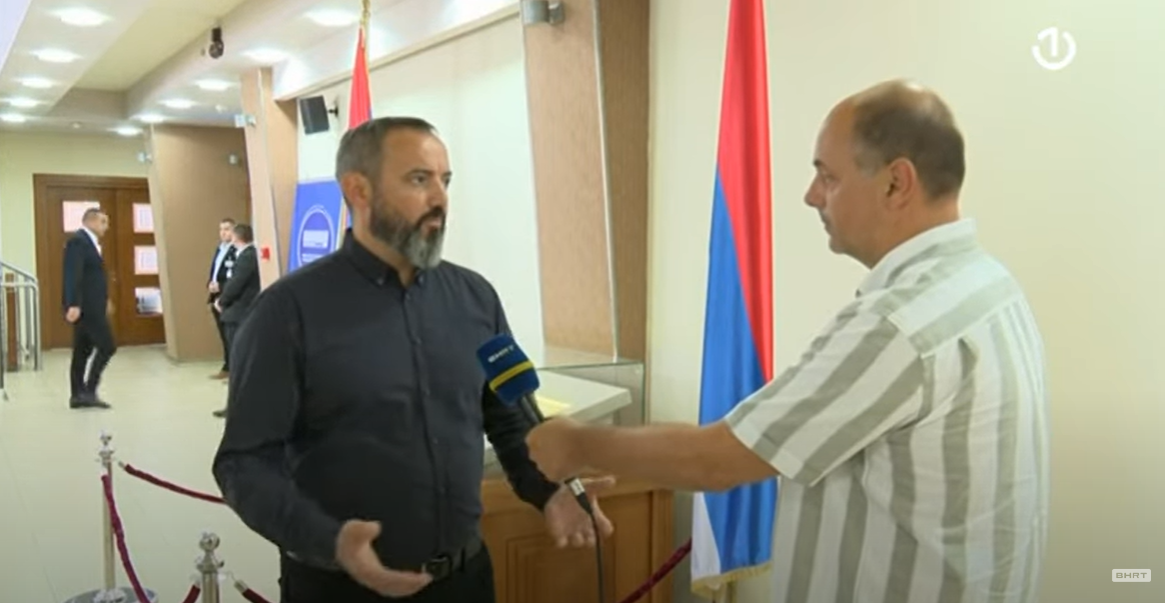
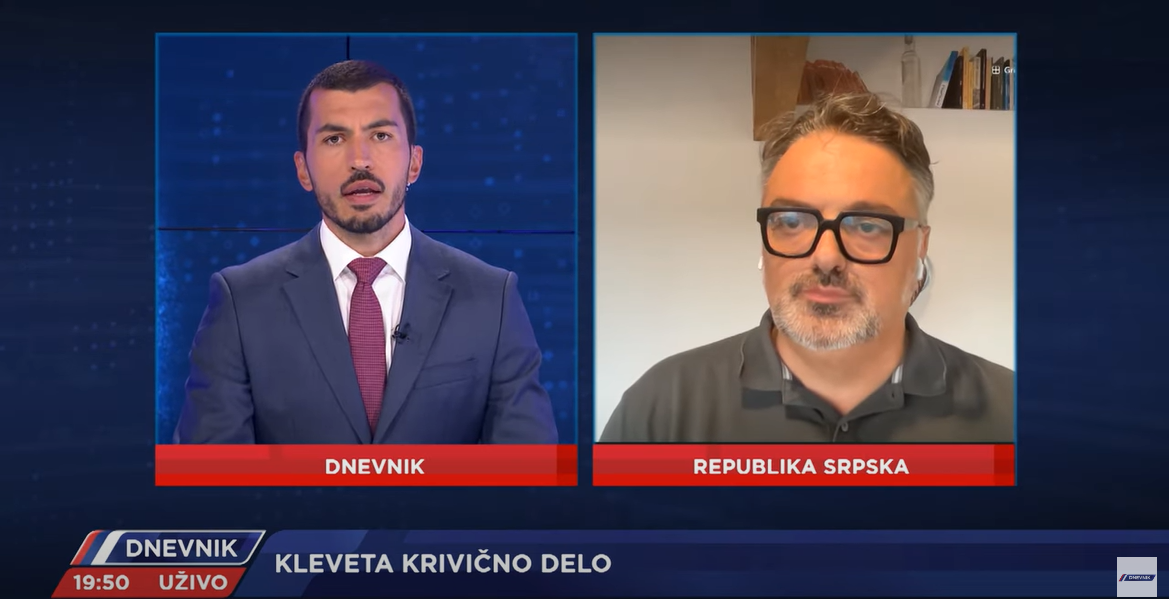
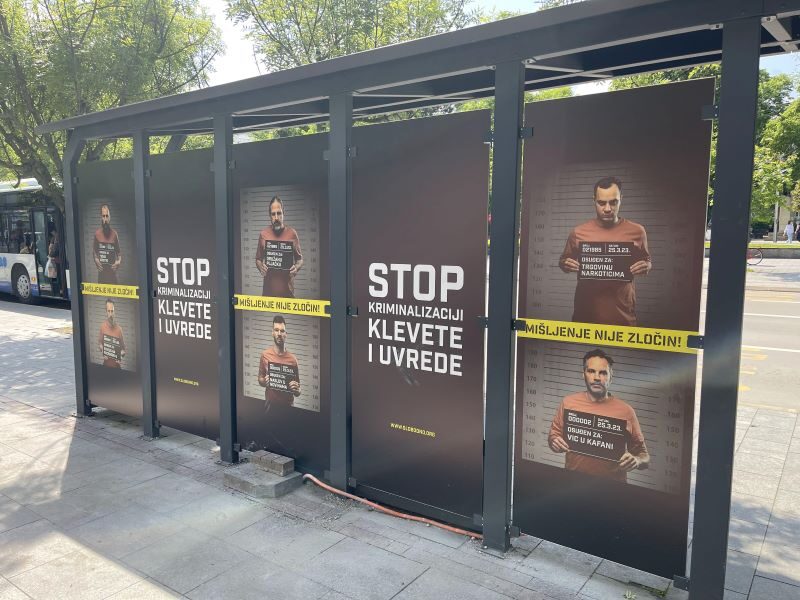



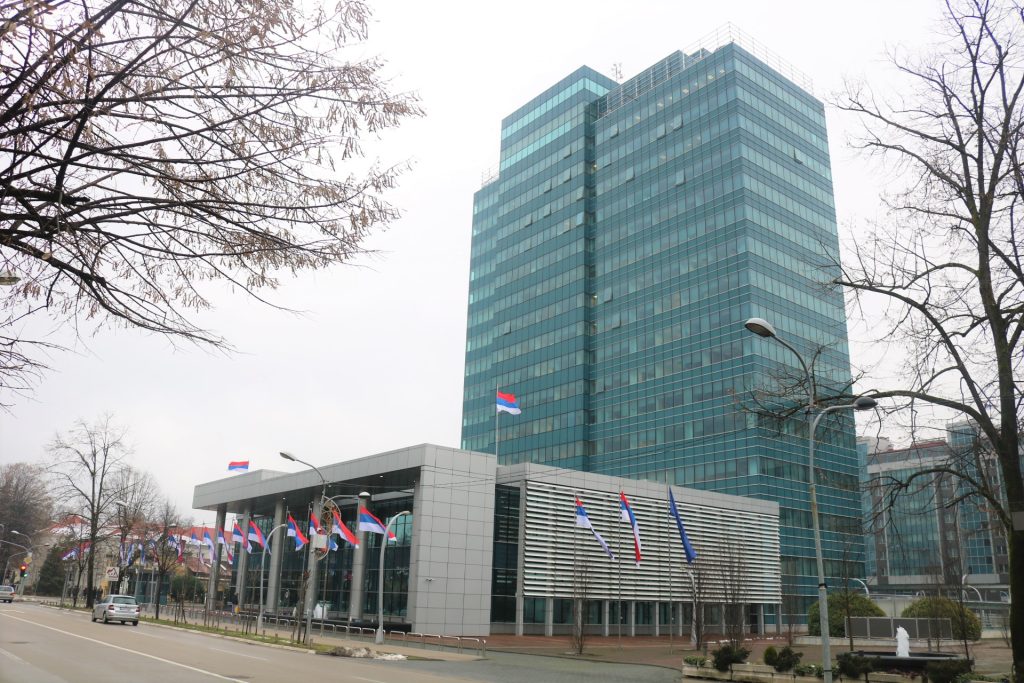
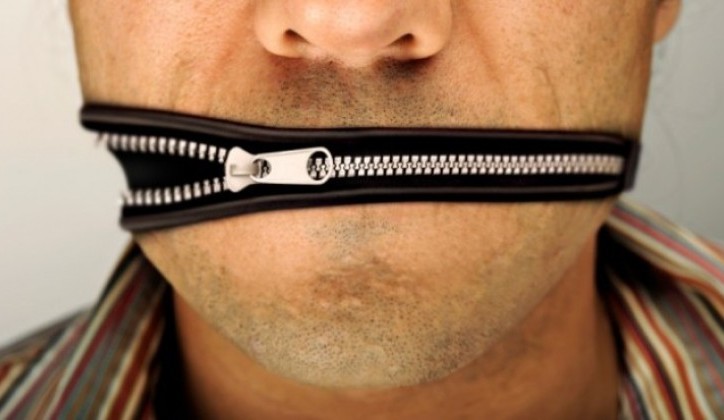
Komentari